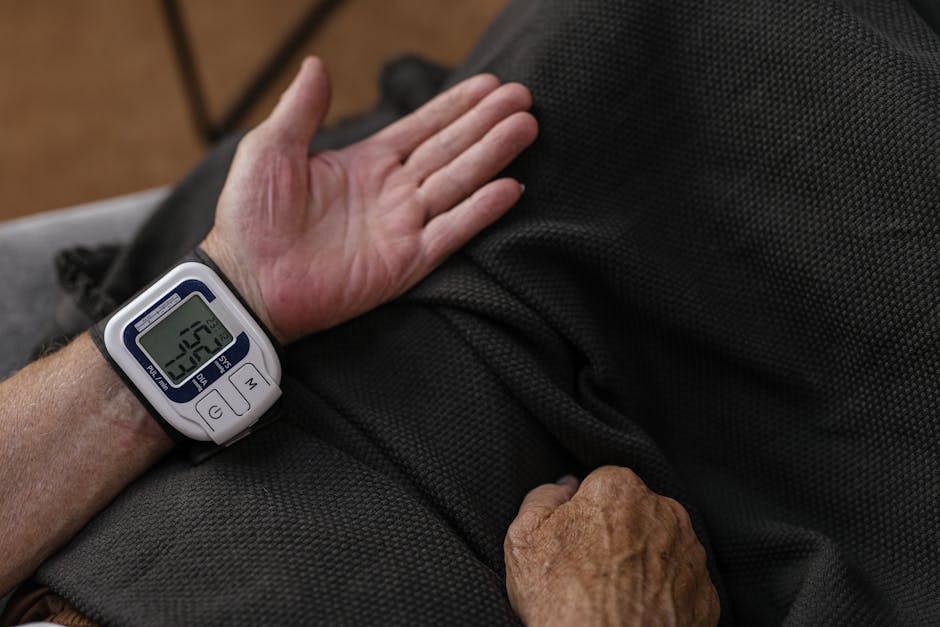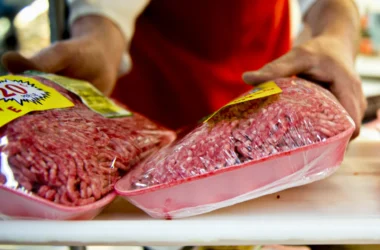As the pace of modern life continues to accelerate and work-related stress increases, hypertension has gradually become a common health issue. To effectively manage blood pressure levels, many patients have to rely on long-term medication. However, certain everyday foods may affect the efficacy of these drugs, sometimes even leading to adverse consequences. This article will discuss which foods should be avoided during the use of antihypertensive medication.

Take Mr. Zhang as an example, who, as a patient with hypertension, depends on his daily medication to maintain stable blood pressure. Upon hearing about the nutritional value of grapefruits and milk, he began to consume these two foods in large quantities during his medication period. Unexpectedly, his blood pressure started to fluctuate abnormally, and the effectiveness of his medication seemed to have weakened. Subsequent medical examinations indicated that the components in grapefruits can inhibit key enzymes in the liver responsible for metabolizing antihypertensive drugs, which may lead to altered drug efficacy and complicate blood pressure control.
The calcium in milk can also interact with certain antihypertensive drugs, affecting their absorption and utilization. Individuals with lactose intolerance may experience symptoms such as diarrhea when consuming milk, further disrupting drug absorption. With the doctor’s detailed explanation, Mr. Zhang gained a deeper understanding of the issue and decided to follow medical advice and temporarily stop consuming these two types of food during his medication period.
In addition to grapefruits and milk, foods to be avoided when taking antihypertensive drugs include:
- High-salt foods: Excessive salt can lead to increased blood pressure, negating the effects of antihypertensive drugs. Foods like pickles and salted products should be avoided.
- High-fat foods: Foods such as fatty meats and fried items can increase cardiovascular strain and may impede drug absorption. Patients should stick to a low-fat diet.
- Stimulating foods: Spicy foods, coffee, strong tea and the like may cause blood pressure and heart rate to rise, unfavorably impacting the medication’s effect.
The interaction between food and antihypertensive drugs can make blood pressure difficult to control and may, through chemical reactions, generate harmful substances that damage health. Moreover, improper dietary habits can exacerbate symptoms and increase cardiovascular risks. Specifically, excessive consumption of grapefruits may lead to excessively high or low blood pressure, thus managing one’s diet is particularly important for cardiovascular health.
Blood pressure stability is crucial for health. Blood pressure below normal levels can cause discomforts such as dizziness and fatigue. Conversely, high blood pressure carries risks of triggering cardiovascular events, including but not limited to serious health problems like strokes and myocardial infarctions.
It is particularly noteworthy that calcium-rich milk can react with some antihypertensive drugs, potentially forming compounds difficult for the body to absorb, a phenomenon that may reduce the effectiveness of the drug. Given this, dietary adjustments during medication becomes particularly important for hypertension patients.
Under the dual goals of ensuring drug effectiveness and reducing cardiovascular risks, patients with hypertension must avoid specific foods while maintaining a low-salt, low-fat, and nutritionally balanced diet. Moreover, regular blood pressure monitoring is crucial for timely adjustments to the treatment plan.
“A healthy diet is an important pillar in controlling high blood pressure. Only the combination of good medication and diet can help us effectively avoid the risks of cardiovascular diseases.”
Patients with high blood pressure should not only focus on the therapeutic effects of medications but also pay attention to and understand the interaction between food and medicine, which should not be overlooked. An appropriate diet can enhance the efficacy of medication and reduce side effects. Therefore, in daily life, patients taking antihypertensive drugs should avoid those foods that may interfere with the effectiveness of the medication and cultivate healthy dietary habits to ensure the best therapeutic outcomes. At the same time, continuous monitoring of blood pressure and flexible adjustment of treatment strategies are essential for providing a solid foundation for long-term health.



